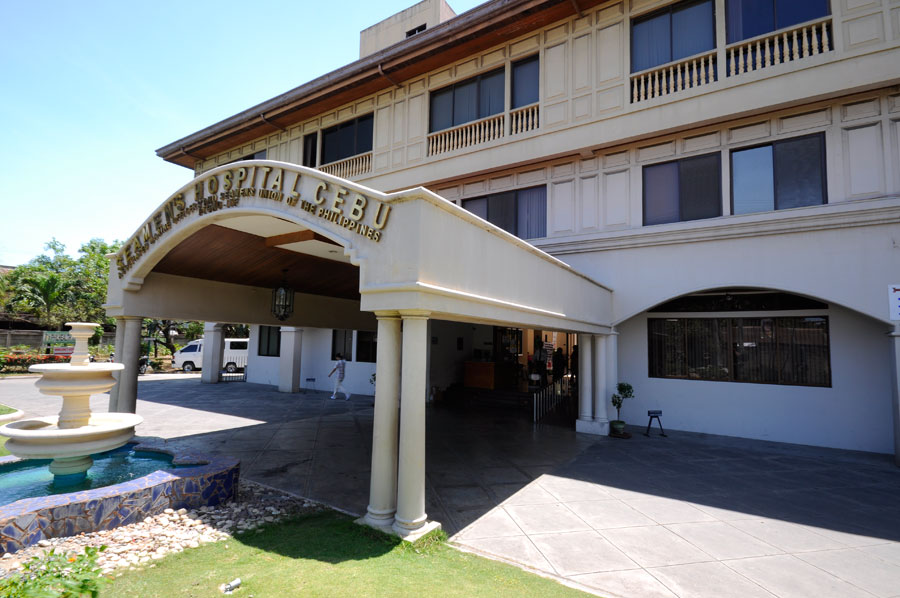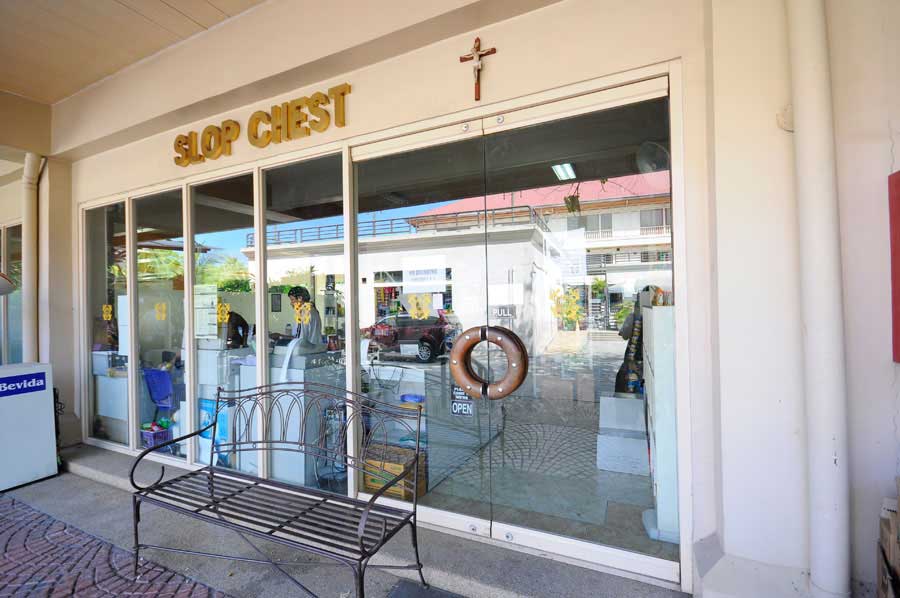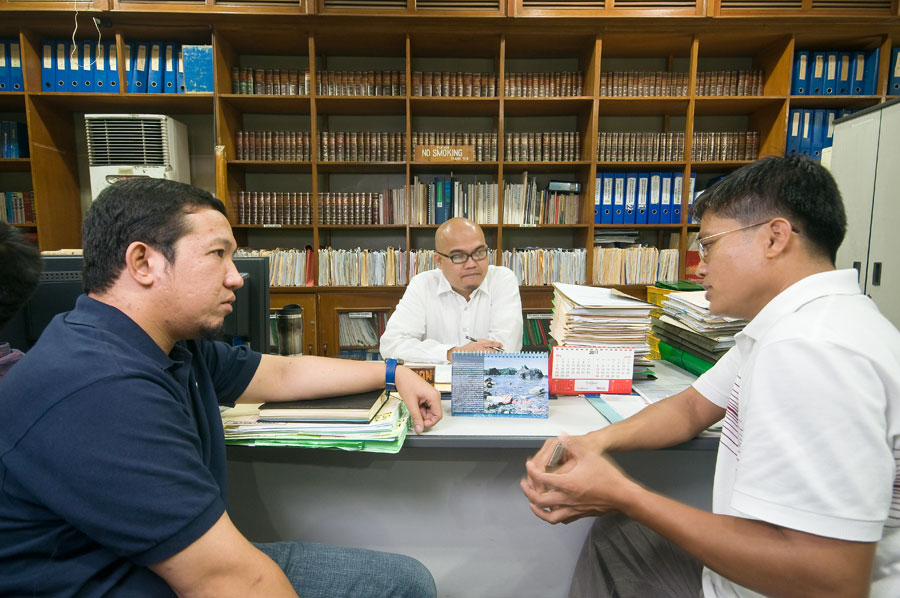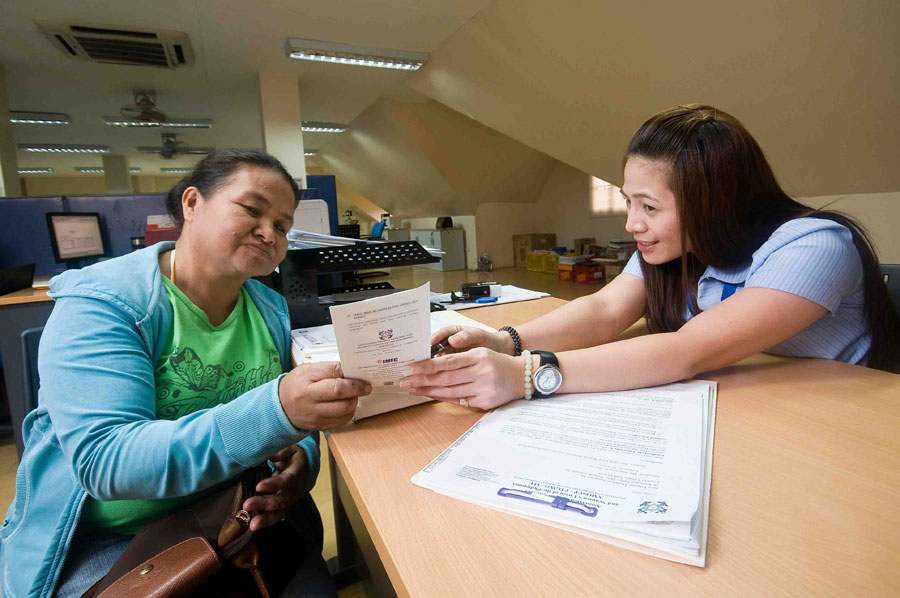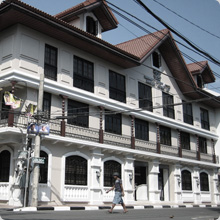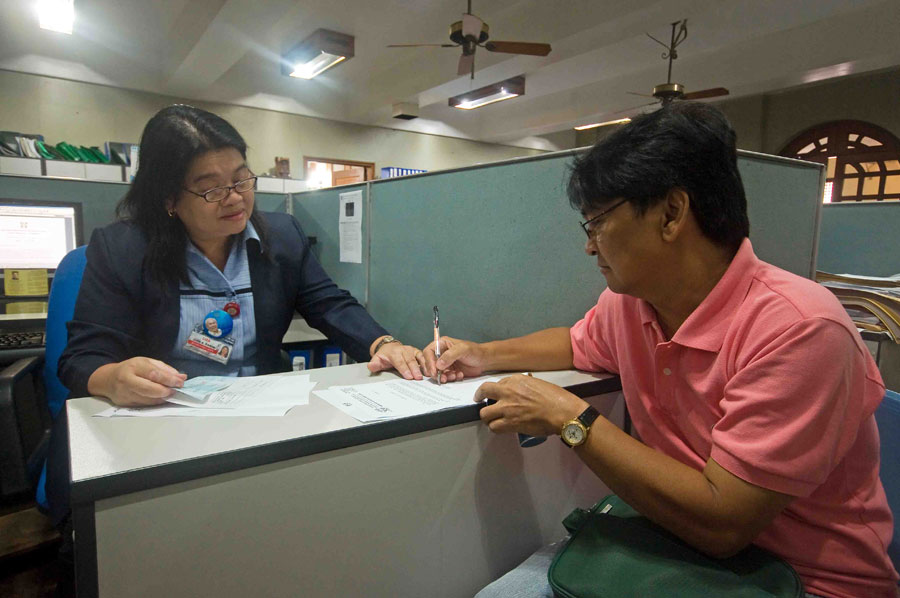Cohost AMOSUP, the region’s largest maritime union, emphasised the proud tradition and commitment of Filipino workers in various segments of the transport industry
The International Transport Workers’ Federation (ITF) hosted its Asia Pacific Region Conference (APRC) in Manila discussing the future for the millions of workers in the transport industry and the unions they represent last 16-20 October 2022.
Asia Pacific has the largest transport union membership outside of Europe with 1.1 million workers, 30 million affiliates and 24 countries. “Whatever our challenges, it goes without saying that we will fight to defend and enhance workers’ rights and civil liberties irrespective of what’s in front of us,” said Toshihiko Sumino, the ITF vice president, representing Asia Pacific.
“The ITF will always stand by our brothers and sisters fighting to make the world for a better place, Sumino stressed.
As in other regions of the world, the global unions federation also cited that very few women work in the transport sector in Asia Pacific, noting “one in six transport workers are women, with only one in 13 represented by a union.”
Host union AMOSUP, the largest maritime organisation in the region, emphasised the proud tradition and commitment of Filipino transport workers in various segments of the transport industry.
“Here in the Philippines, transport is a huge part of our cultural heritage,” declared AMOSUP President Dr Conrado Oca. Dr Oca said: “Whether moving global trade as the largest group of seafarers in the world or moving people around in some of the busiest places in the world. We are proud to be transport workers.”
However, the pandemic decimated millions of jobs. The ITF said 130 million full-time jobs were lost and two million workers were pushed into extreme poverty, leaving informal workers and migrant workers as the worst affected. In seaborne transport, hundreds-of-thousands seafarers got stuck in ports and ships in various parts of the globe.
Dr Oca recalled the crisis the seafarers suffered during the pandemic, stating that the ITF had “stood by and joined us in calling on the authorities to put an end to the plights of 400,000 seafarers stuck at sea.”
“Indeed, it was an unprecedented humanitarian crisis and ITF never left our side and helped us address the crew change crisis,” the AMOSUP president noted. But with or without pandemic – crisis or not – the global unions federation vowed to deliver the affiliates’ needs in accordance with their programme of actions.
The ITF Aspac secretariat is headquartered in Singapore. Cohost AMOSUP, the region’s largest maritime union, emphasised the proud tradition and commitment of Filipino workers in various segments of the transport industry.
ITF General Secretary Stephen Cotton conceded that “the reality is when we left Singapore, we set ourselves an incredibly ambitious programme and we put Asia Pacific and your members’ needs at the very heart of what we wanted to do.” But Cotton admitted that everything could not be perfectly achieved. “And as we saw, the best laid plans can’t always be delivered,” he told union delegates. He cited the women’s segment as an example. “The reality was the world was hit by a pandemic. And this conference actually comes at a very critical time for global women’s” working situations.
Mary Liew, the ITF Women’s vice president said: “Women’s transport workers still move towards leaving and recovering from the devastating impact of covid, noting “women were being hit the hardest because of structural inequalities.” There’s no denying, she insisted, that such disparities women experienced had been in existence even before the worldwide public health crisis.
“We all know that it already existed long before the pandemic. The existing priorities of the ITF Women’s transport workers committee are not only still relevant but even amplified by this pandemic and are now more important than ever,” Liew explained. She said, the ITF has “shown commitment to leading us all the way in securing the rights and the future of women’s transport workers.” When government failed to recognise the seafarers as key workers, Liew pointed out, the “ITF have stood by us and joined us in calling on the authorities.”
Paddy Crumlin, the ITF president, echoed the call of its Women’s Committee chair in giving the opposite sex the same chances at work as with men. “You can’t have a democratic and powerful worldwide movement unless you reflect the demographics of human beings: 50% are women and they deserve the same opportunities as every man,” insisted Crumlin. He said, “if we empower those working men and women that rely so heavily on your leadership and our leadership [we’re bound] to build a better world.”
Crumlin shared that “each of us assumes responsibility and our collective responsibility for each other.” That is a pledge for each other to build “a better workplace, a better country, and a better world.” The ITF has also noted the systematic violations of workers’ rights that are still widespread based on a study of ITUC (International Transport Union Confederation). And it’s a fact that “governments and companies engage in serious efforts to crush the collective voice of workers,” it said.
Working men and women need their unions to help them protect their rights. “So, it falls on us as the democratic voice of workers to build the power to deliver the momentum, to deliver the food and the goods that kept our societies going,” Cotton, the ITF general secretary, said.
The week-long regional conference in Conrad Hotel at the Mall of Asia, according to AMOSUP’s Dr Oca, has “reawakened the unions collective power and reforged our global connections to deliver for transport workers across Asia Pacific.”

